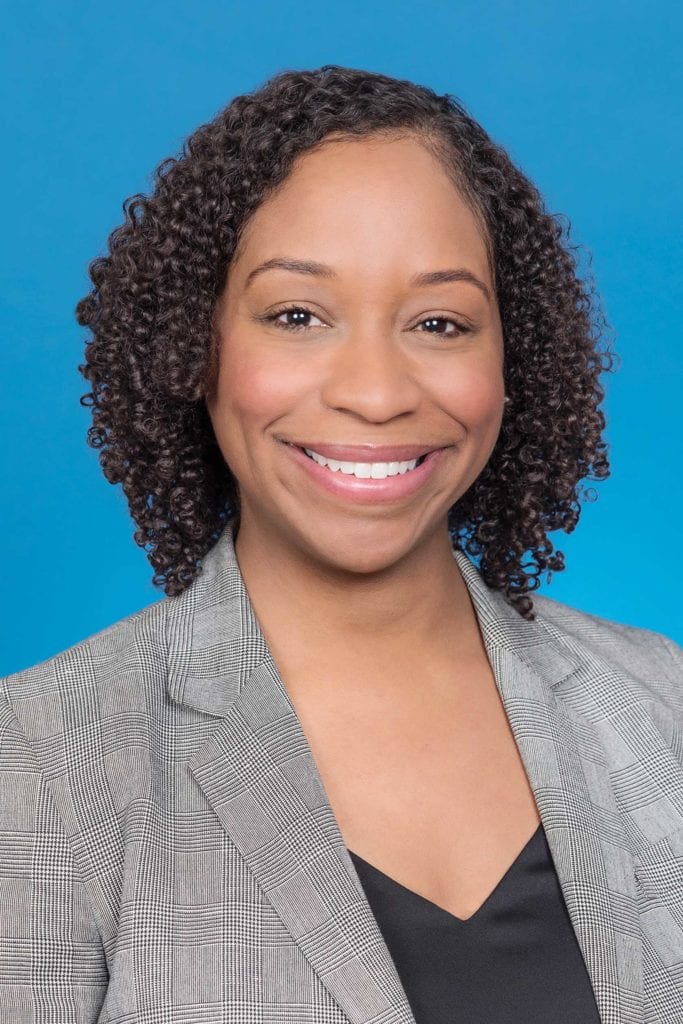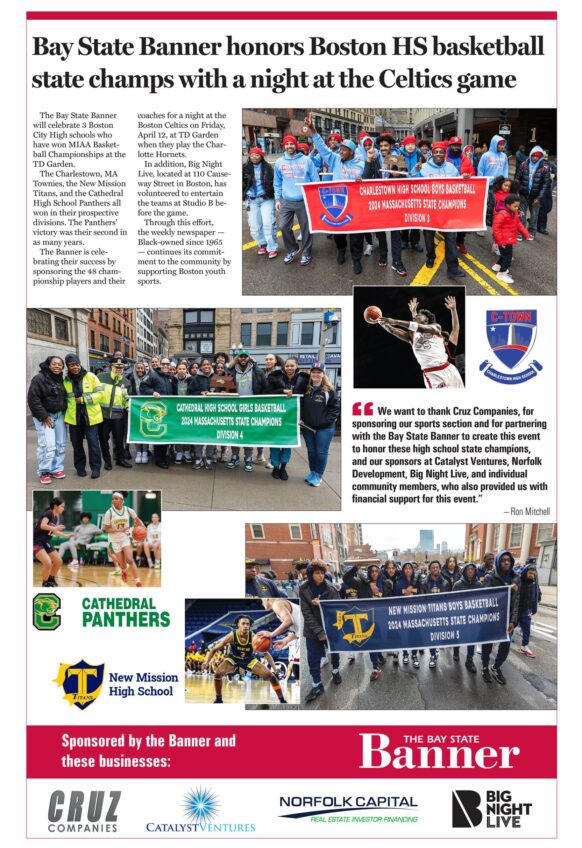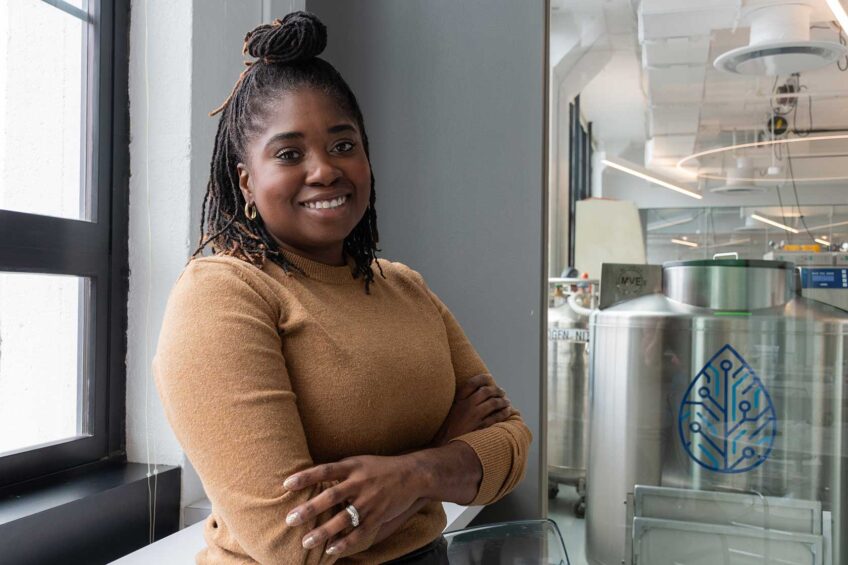Campbell calls for change to City Council elections
Home rule petitions call for four-year terms, redrawing of city’s precincts

City Council President Andrea Campbell has proposed a series of municipal election reform bills which would lengthen council terms, allow the council to review precinct borders in the city and create new restrictions on candidates for the council.
At the weekly city council meeting on Wednesday, Feb. 6, Campbell announced the proposed legislation.
“It’s important to me as council president not only to raise the profile of my district, but also to strengthen the council as an institution,” Campbell said.
Three of the four proposals are home rule petitions which have previously been passed by the council, but died at the State House. Campbell said she hopes to pass all of the bills together to make it easier to push them through on Beacon Hill.
One of the bills would extend the current two-year city council term to four years, matching up with the length of the mayor’s term.
Campbell said that doing so would save the city money, as it costs over $800,000 to hold citywide elections, which often have turnout under 20 percent when only city council positions are on the ballot. It would also give councilors more time to focus on important projects.
“This isn’t just about increasing our power. This is about making sure that we have the time to accomplish the goals that we commit to as candidates, and making sure we have the ability to plan and to get things done,” Campbell said.
Other councilors spoke in support of the bill as well, including Timothy McCarthy, who noted that projects often take much longer than two years to get done, and having a longer term would free up councilors to focus on making change in the city instead of how those projects make them look to voters.
“If you happen to be in support of [something], even if the people aren’t in favor, you have to step back and think about whether this is the political capital you’re gonna spend here,” McCarthy said. “When you have a four-year term, it’s easier to spend the capital, because when people see the finished product, they appreciate the project that you’ve done.”
Another ordinance Campbell proposed would give the city the option to redraw precinct lines, which dictate where residents are able to vote.
Unlike other cities and towns throughout Massachusetts, Boston is exempt from regulations that require reprecincting every 10 years. Because of this, many of Boston’s precincts, which have not been redrawn in almost 90 years, despite new neighborhoods being created, have uneven populations. This leads to long lines at the polls and other barriers to many residents even making it there, especially in fast-growing neighborhoods like the Seaport and East Boston.
The ordinance, which is supported by the city’s commissioner of elections, would give the city the option to review precincts every five years. While the precinct report would have to go through the State House before precinct lines are redrawn, it would be possible in some circumstances for the city to do so without requiring that permission, Campbell said.
Other home rule petitions proposed by Campbell would prohibit municipal candidates from running for more than one seat at a time and would require a special election if an at-large council seat is vacated.
According to current guidelines, the fifth-placed person in the last at-large council election receives the empty seat if a vacancy occurs among the four at-large seats. At-large Councilor Althea Garrison was the fifth-place runner-up in the 2017 municipal election, and assumed the seat vacated when Ayanna Pressley departed for the U.S. Congress. Although Campbell specified that her proposed bill had nothing to do with her colleague, Garrison spoke against the bill, which she said would cost the city unnecessary funds.
“If you call a special election, that means you have to pay that expense,” Garrison said. “The fifth person has already gone through the election cycle.”
Campbell, however, said that the process should mirror that of district councilors.
“Right now, if you’re a district councilor and I were to vacate my seat, you would have to have a special election,” she said. “We think those processes should align.”






